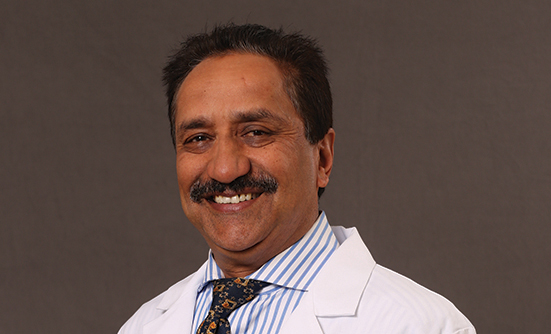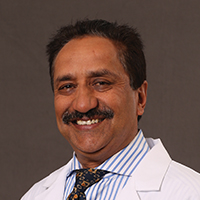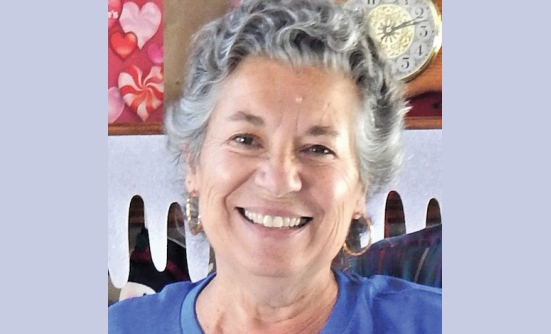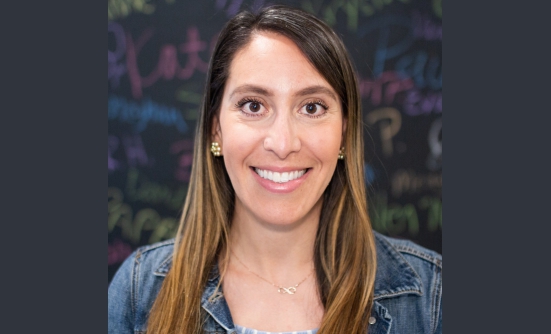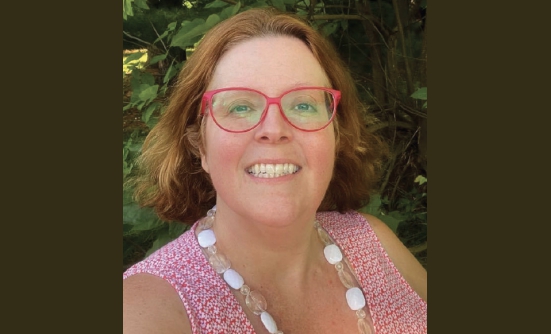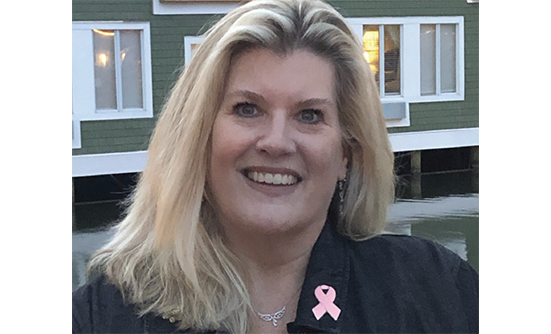Many myths and misconceptions about cancer are circulating online and among patients and their family members and friends. These false notions often are not based on scientific evidence and may lead patients and caregivers to consider information that may prevent a patient from receiving an early diagnosis or getting the best treatment. These myths may cause confusion and added stress for patients who may already be experiencing anxiety and fear because of their cancer diagnosis. Understanding your diagnosis is essential for ensuring that you get the best treatment available and follow an appropriate treatment plan.
Here are 11 common myths about cancer that have been debunked by facts and available evidence.
Myth: Getting a biopsy (removing some tissue) to test for cancer makes the cancer spread in the body.
Fact: There’s no evidence that a biopsy or surgery to remove cancer will make it spread. When a tumor needs to be removed or tested, the process will not cause the cancer to grow or the cancer cells to spread in the body. By contrast, removing the cancer or doing a biopsy to help a cancer diagnosis is an important part of the diagnosis and treatment of many cancer types.
Myth: A lump in your breast is always breast cancer.
Fact: Finding a lump in your breast does not mean that you have breast cancer, but it should be checked by a doctor as soon as possible. According to the National Breast Cancer Foundation, a lump or any changes to the breasts should not be ignored, even though only a small percentage of lumps in the breast are from cancer.
Myth: Eating sugar causes cancer to grow.
Fact: It’s a good idea to limit sugar consumption for a variety of health reasons, especially if you have diabetes or are overweight, conditions that may increase the risk for cancer. Researchers have concluded that cancer cells consume more sugar than normal cells. But, according to the National Cancer Institute, there is no evidence that eating sugary foods make cancer worse or that limiting sugar will stop cancer from growing or shrink tumors.
Myth: If you have a solid tumor, such as breast, prostate, or lung cancer, you will not need surgery to remove the tumor.
Fact: Surgery to remove the tumor should likely be considered when dealing with a solid tumor, even if other treatments have produced positive results, such as shrinking the tumor. However, not every solid tumor can be removed by surgery, especially in patients with advanced or metastatic cancer that has spread to different parts of the body. The final determination whether surgery is appropriate to remove a tumor should be made after a discussion with your surgical oncologist.
Myth: Skin cancer is color blind; it affects people with light skin and dark skin the same way.
Fact: People with any skin tone can get skin cancer, but those with fair skin are at a greater risk than people with dark skin. Dark skin provides some protection from exposure to the sun’s ultraviolet rays, which is the primary risk factor for skin cancer. Similarly, people with blond or red hair, green or blue eyes, and those with skin that is easily burnt or freckled, are at greater risk for skin cancer than people with dark skin.
Myth: Oncologists don’t want their patients with cancer to try unconventional, alternative, or natural treatments.
Fact: Although some patients fear approaching their doctor to discuss the use of a natural or alternative treatment plan, that fear is not based on facts.
You should never be afraid to discuss the direction of your treatment with any of your medical team, including your oncologist. However, before turning to a treatment plan outside of conventional, evidence-informed cancer therapies, it is important that there is also strong clinical evidence to support the use of the alternative treatment. If a natural or alternative treatment does not interfere with your doctor’s recommended treatment, or if there is evidence that it works, most oncologists won’t mind if you want to try one.
Moreover, clinical trials are investigating many new treatments that are not yet available for most patients. Patients whose cancer treatment is no longer working for them should be encouraged to ask their doctors whether they are candidates for a clinical trial.
Myth: Chemotherapy is painful.
Fact: Some patients fear that their chemotherapy treatments will hurt; however, that is not the case. Although some chemotherapy drugs can produce unpleasant side effects, the actual infusion process or taking an oral form of chemotherapy is not typically painful.
Myth: Chemotherapy always has bad side effects.
Fact: Although truly awful side effects were common when chemotherapy was first introduced many years ago, advancements in recent years have helped to reduce the harmful effects of chemotherapy. Some serious side effects, such as hair loss, nerve damage, vomiting, and diarrhea, are still common with chemotherapies; however, many supportive care therapies are in place today to reduce the impact. These therapies include naturopathic, nutrition, and mind-body support, which may help prevent or ease the side effects of chemotherapy.
Our focus today is on an integrative approach to care that treats the cancer with surgery, chemotherapy, and other conventional tools while also supporting patients’ strength, stamina, and quality of life.
Myth: Hair will never grow back after chemotherapy.
Fact: Although hair loss is a common side effect of chemotherapy, hair usually grows back after chemotherapy is finished. It is important to have an open discussion with your medical oncologist about hair loss and other side effects before beginning a chemotherapy regimen.
Myth: Pregnant women should not receive treatment for cancer.
Fact: While some cancer treatments may not be available for women who are pregnant, they may still have treatment options available to them. Pregnant women who have symptoms that may be caused by cancer should see their doctor right away. Getting early medical care may mean better outcomes for the mother and the baby.
Myth: Once you have cancer, it will always come back.
Fact: Cancer treated in early stages—stage I or stage II—is less likely to come back than when it is treated in a more advanced stage. But in some cases, even some stage III cancers can be treated with positive outcomes. People who have been diagnosed with cancer once, however, are at greater risk of getting a second cancer compared with people who have never had cancer.
Patient Resources
National Cancer Institute
www.cancer.gov/about-cancer/causes-prevention/risk/myths
National Breast Cancer Foundation
www.nationalbreastcancer.org/breast-cancer-myths





